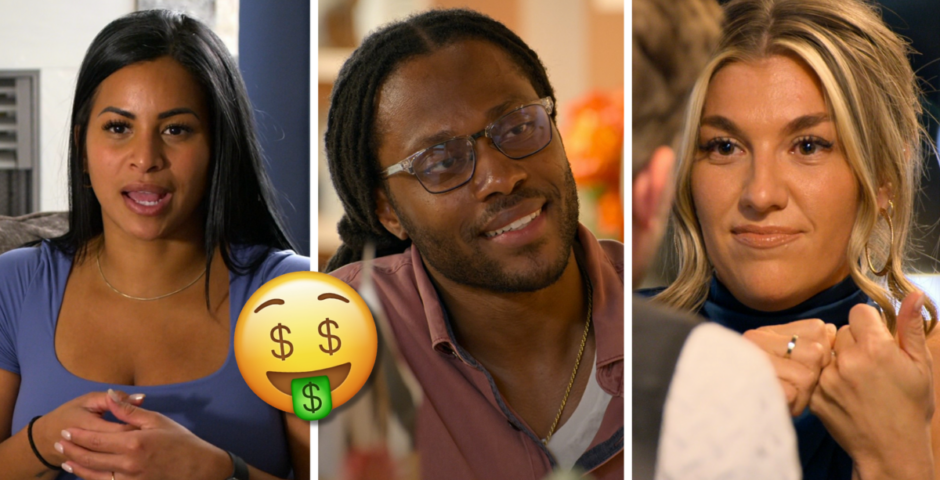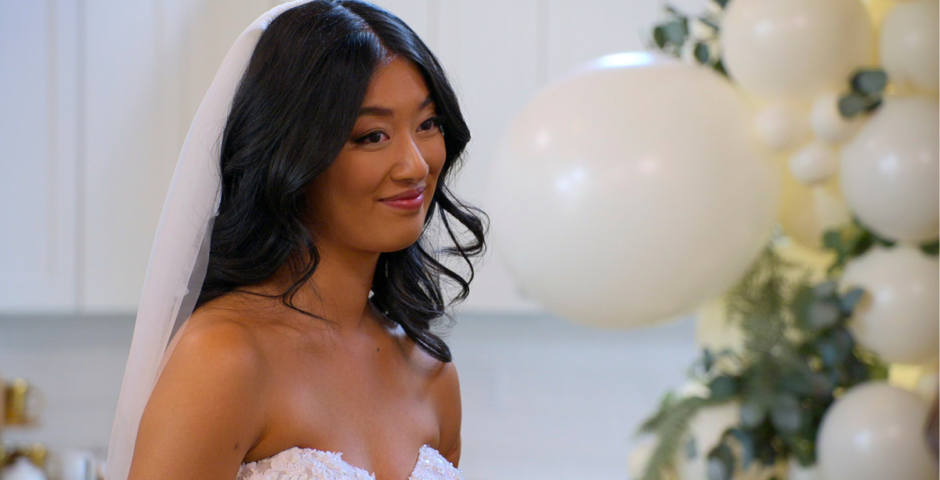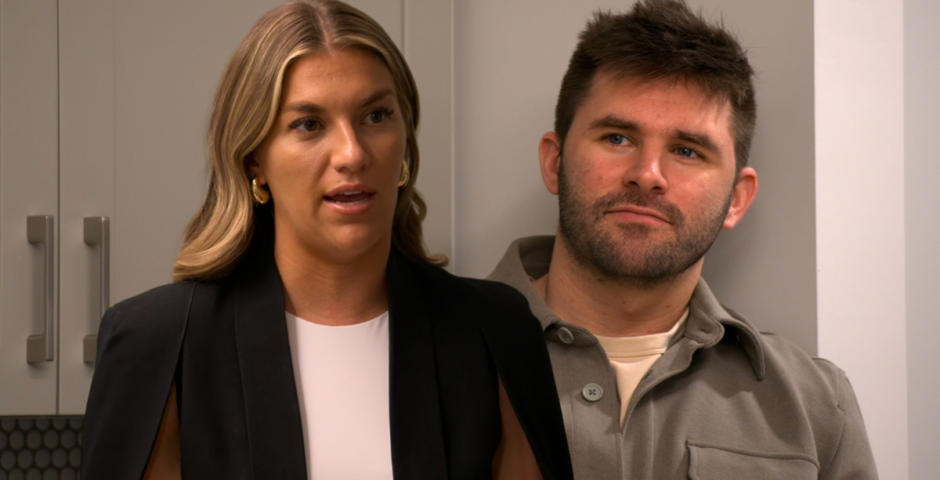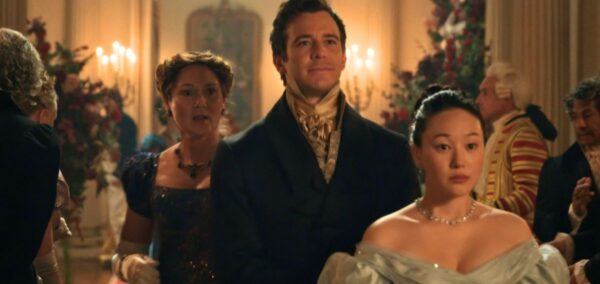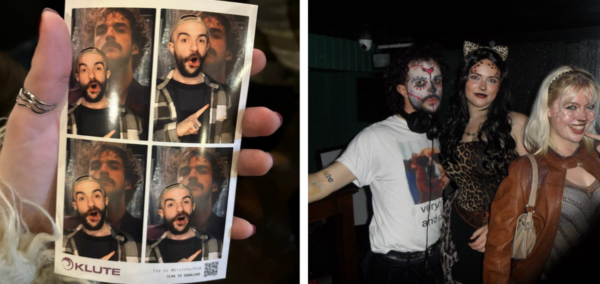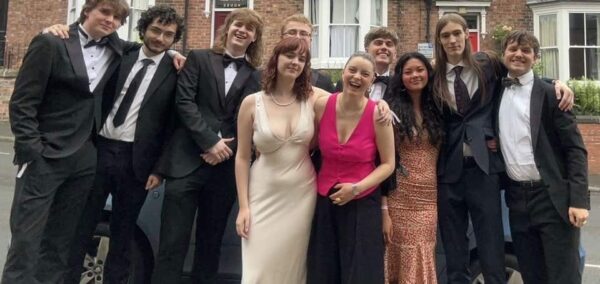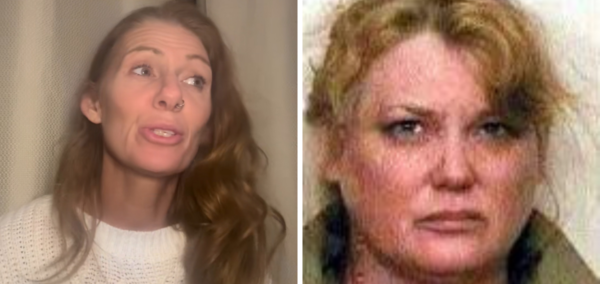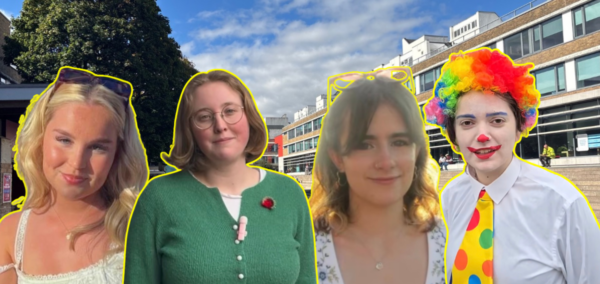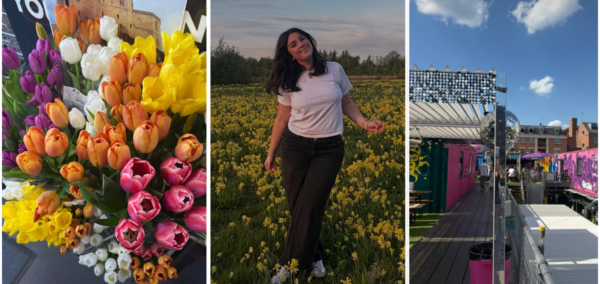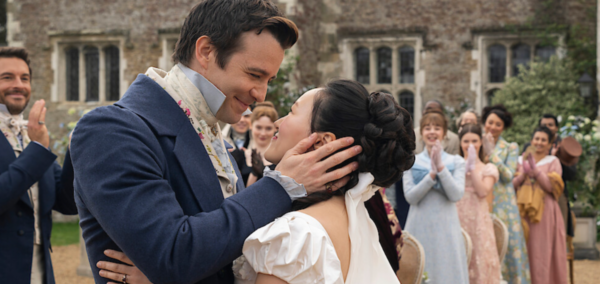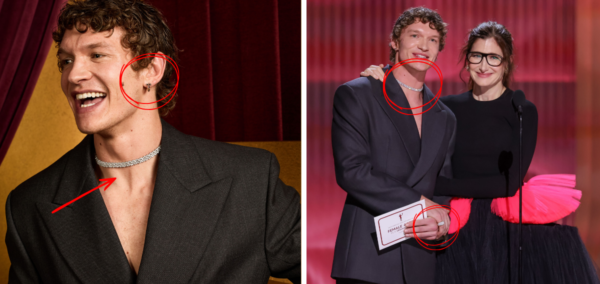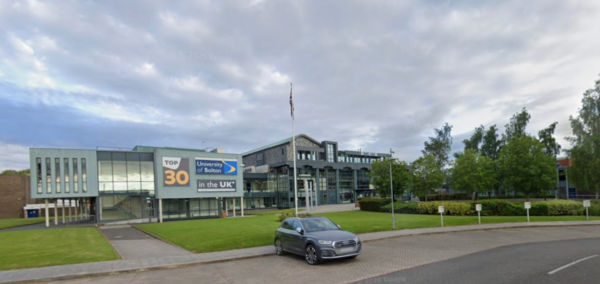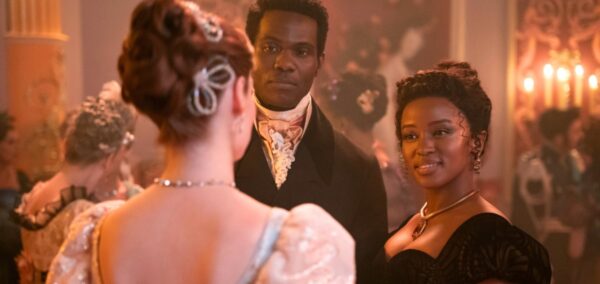
Celebrating women in academia: In conversation with Dr Ally Louks
‘It’s abundantly clear that women deserve to be in academia and contribute valuably to their respective disciplines – anyone who says otherwise is straightforwardly misogynistic’
Happy International Women’s Day! Life as a woman is hard enough, but being a woman in academia can sometimes make things feel a whole lot harder.
No one knows this better than Dr Ally Louks. In November 2024, she announced on X that she had passed her viva with no corrections and had been awarded a PhD from the University of Cambridge. Her post went viral, amassing over 120 million views, 254,000 likes, 22,000 reposts and 11,000 comments.

Amongst the congratulations and positive interest in her research, the post attracted a vast amount of trolling from people who questioned the academic legitimacy of her work. Her subject, “Olfactory Ethics: The politics of smell in modern and contemporary prose”, became woefully misrepresented online, with one user reducing it to “a thesis claiming that describing smells is racist” and claiming that “academia is dead”.
Ally became a target for misogynistic abuse online, receiving death and rape threats – with one particular incident being reported to Cambridgeshire Police – and being bombarded with claims that instead of being in academia, women should be having babies and looking after their husbands instead.
But, at the centre of this social media storm, Ally remained unfazed. Despite her thesis being disregarded as “woke nonsense”, Ally steadfastly defended the value of her work and has become something of a cultural icon online.
Following its virality, her PhD has been assigned to both a British and American literary agent, she has done multiple interviews from the BBC to Rolling Stone, and gained over 200,000 followers on X and 10,000 on Instagram. She has even had to ask people to stop requesting her thesis on the university’s depository because it is still under embargo.
As an English student, it has been so inspiring to see how Ally has turned this experience into good, vouching for the value of the humanities and the importance of women in academia in a world that is increasingly telling us we shouldn’t be here. It was an honour for her to sit down with us at The Cambridge Tab as she reflected on this whirlwind experience for International Women’s Day.

Labels like ‘Mickey Mouse’ degrees are currently proliferating public and political discourse. Having faced the denigration of your thesis by so many anti-intellectuals online, what is your response to those who undermine the importance of studying the Humanities?
“In a world where even the concept of humanity is once again being thrown into question, we undoubtedly need the Humanities. The Humanities teach us to think critically and reflectively about the social world around us by studying the meaning-making practices of culture. They remind us that other worlds are possible – that the relentless pursuit of profit extraction that defines so much of ours is not the way things have to be.”
With your own work being subjected to an onslaught of misogynistic vitriol online, what would your advice be to women who are being told that they do not have a place in academia and that their work should not be taken seriously?
“It’s abundantly clear that women deserve to be in academia and contribute valuably to their respective disciplines – anyone who says otherwise is straightforwardly misogynistic. But it is important that we engage with these ideas; that we try to understand the function of this kind of ideology and are able to critique it rather than simply ignoring it.”
It has been inspiring seeing how remarkably unperturbed you have remained despite the turbulence of your PhD’s virality. You (rightly) are confident about your work—has this always been the case? What tips would you offer female students who are struggling with imposter syndrome and do not feel quite as self-confident as their male peers often do?
“I have always been confident in my work because I believe that it’s important and has the potential to contribute value to society and to address inequality in its own way. My field is still burgeoning and there’s a great deal of work still to be done, so I am constantly inspired to keep learning and to keep uncovering new aspects of this dramatically understudied sense and its effects on society.
“I would encourage female students to speak up and to trust in their unique contribution to the conversation, but I also think it’s possible to be quietly confident; the loudest voices are not always the most nuanced.”
So much good has come out of your PhD’s virality. How does it feel to become something of a cultural phenomenon online?
“I’m still processing everything that has happened, but I’m really grateful for the support I’ve received and I’m very happy to be another public representative for women in academia during a period of increased hostility towards us, at least in the online space. Despite my general introversion, I have always stood up for what I believe in, and I’m a difficult person to faze in that regard, even as I try to remain open to criticism. I’m glad to be able to put that commitment to my values to good use.”

Finally, are there any smells/books/songs you recommend to the women of Cambridge this International Women’s Day?
Smells: “I know it requires a bit of tolerance to sensory overload, and a bout of extroversion, but I would suggest taking a trip to LUSH to sniff your way around the shop (my favourite is the Sleepy range), or a trip to TK Maxx to smell the candles, with or without the company of friends. Our smell preferences are intensely personal, but getting to know them is another way of getting to know ourselves.”
Books: “For non-fiction, I would highly recommend Entitled by Kate Manne and Invisible Women by Caroline Criado Perez; both are essential reads for women living in a world built for and by men. Short Cuts, which is an edited collection of short stories by Raymond Carver, will forever remain a favourite of mine. Carver’s economy of phrase is unparalleled, but his stories are so incisive. And I can’t stop thinking about Miranda Cowley Heller’s novel The Paper Palace, even though it has been a few years since I read it. It’s a perfectly wrought story full of fascinating characters, psychological and moral complexity, and the stickiest summer atmosphere.”
Music: “I would recommend Hayley Williams’ 2020 album Petals for Armor. If you feel like you need someone to recognise your (justly felt) rage, I would recommend Simmer; if you need a bit of motivation, I would recommend Over Yet; and if you need to be reminded that you are more than your body, I would recommend Roses/Lotus/Violet/Iris. I would also recommend Sam Fender’s 2019 album Hypersonic Missiles, especially the title track, White Privilege, and Will We Talk?”
***
We still have a long way to go in academia, particularly with issues of diversity and the gender pay gap, but do take a step back and celebrate your achievements this International Women’s Day. Don’t let anyone tell you that your work, your presence, isn’t valuable. If this interview has taught me anything, it is to channel my inner Ally Louks. And so should you – you’ve got this girl!


